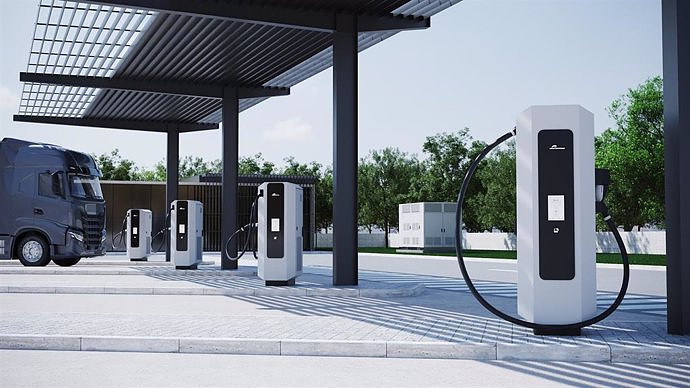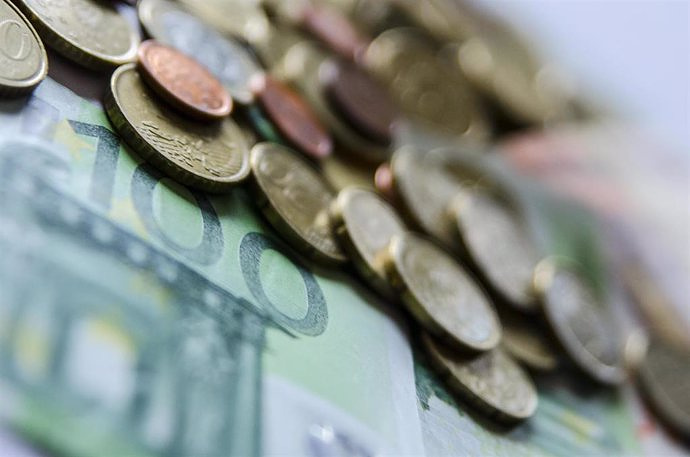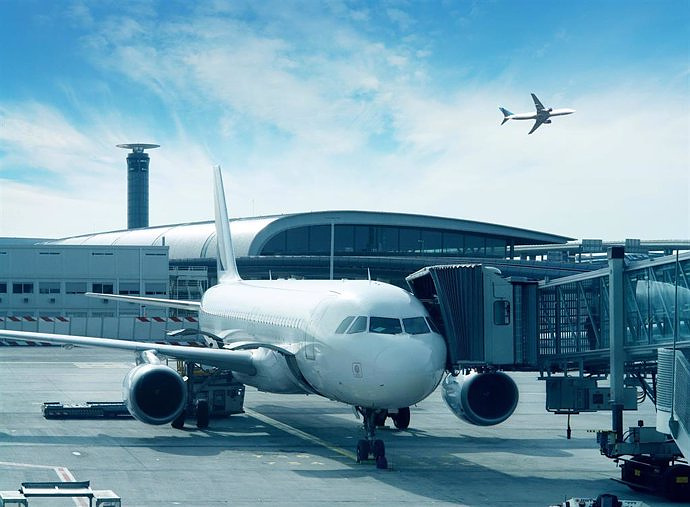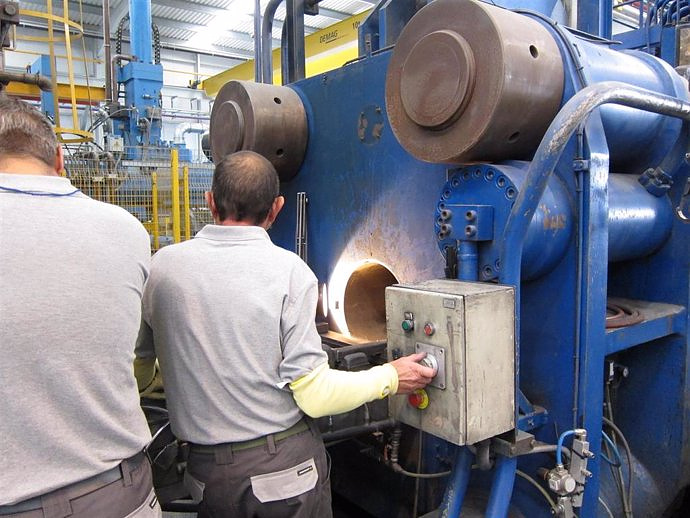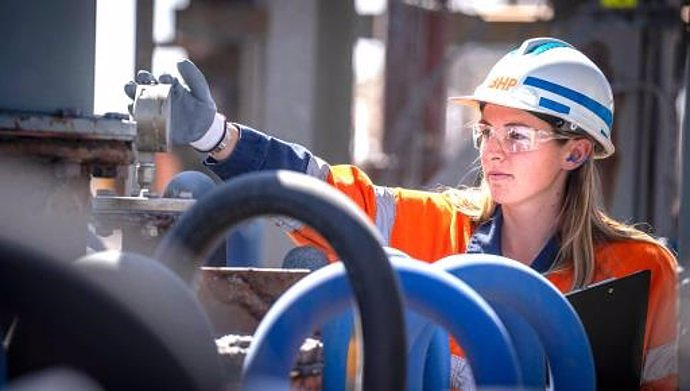BRUSELAS, 19 Sep. (EUROPA PRESS) -
The European Commission has requested this Monday emergency powers to be able to force companies on European soil to prioritize certain productions or impose on Member States the storage of basic goods in emergency situations, to avoid supply crises as happened with masks and other essential items during the coronavirus pandemic, when some member countries prevented the passage of goods to other partners.
"Covid taught us that the Single Market is not perfect. It is strong but not unbreakable, unilateral measures and lack of transparency damaged the free movement of goods when we needed it most," the vice president warned at a press conference in Brussels. Commissioner for Competition, Margrethe Vestager, recalling how some Member States prevented the export of essential medical supplies to partner countries in the first weeks of the crisis.
That is why Brussels is now proposing to create a new emergency instrument to intervene in the internal market that allows a coordinated response based on a risk scale, with different measures depending on whether it is a "preparation, alert or emergency".
In this way, the first step is to have a coordination and communication network between Member States and the European Commission to have adequate contingency plans before the bloc finds itself in an emergency situation.
If the crisis leads to an alert situation for the proper functioning of the single market, the Member States, hand in hand with Brussels, will have to supervise the supply chains to guarantee that there are sufficient reserves of the goods considered essential and also that there are no obstacles to their free movement through the common space.
In this surveillance phase, the Community Executive wants to be able to define the categories of goods that should be set up as strategic reserves and to be able to request information from the Member States on their own reserves, coordinate their efforts, exchange information and draw up lists of targets. In case of not reaching the desired storage levels, Brussels could impose precise storage targets on one or more member countries.
Finally, if the scenario is that of an emergency due to a lack of supply or distribution problems, the Member States will be prohibited from adopting restrictions on the movement of goods except in "exceptional" and justified situations.
In addition, Brussels may recommend to the Member States that they guarantee the availability of certain productions by facilitating the expansion or reorientation of production plants or speeding up the granting of permits for these goods, as well as facilitating the distribution of strategic reserves in a specific manner.
In the emergency framework, the community proposal, which must still be negotiated between the Twenty-seven and the European Parliament, advocates empowering the Commission to request information from companies and to ask them to prioritize key orders in a crisis situation, a reserved request to exceptional situations but that the companies will only be able to reject if they show "serious reasons" that justify the refusal or they will be exposed to sanctions.

 Exploring Cardano: Inner Workings and Advantages of this Cryptocurrency
Exploring Cardano: Inner Workings and Advantages of this Cryptocurrency Seville.- Economy.- Innova.- STSA inaugurates its new painting and sealing hangar in San Pablo, for 18 million
Seville.- Economy.- Innova.- STSA inaugurates its new painting and sealing hangar in San Pablo, for 18 million Innova.- More than 300 volunteers join the Andalucía Compromiso Digital network in one month to facilitate access to ICT
Innova.- More than 300 volunteers join the Andalucía Compromiso Digital network in one month to facilitate access to ICT Innova.-AMP.- Ayesa acquires 51% of Sadiel, which will create new technological engineering products and expand markets
Innova.-AMP.- Ayesa acquires 51% of Sadiel, which will create new technological engineering products and expand markets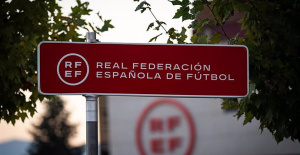 A Commission created by the CSD will supervise the RFEF
A Commission created by the CSD will supervise the RFEF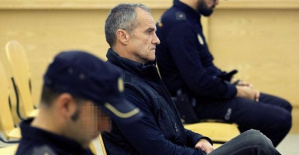 The AN judge prosecutes the former ETA leader for her responsibility in the kidnapping and murder of Miguel Ángel Blanco
The AN judge prosecutes the former ETA leader for her responsibility in the kidnapping and murder of Miguel Ángel Blanco The European Parliament condemns the contacts of the Catalan independence movement with Russia and demands an investigation
The European Parliament condemns the contacts of the Catalan independence movement with Russia and demands an investigation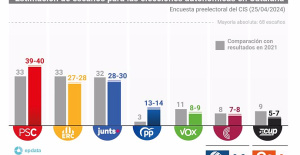 The PSC would win the Catalan elections with 39-40 seats, Junts would obtain 28-30 and ERC 27-28, according to the CIS
The PSC would win the Catalan elections with 39-40 seats, Junts would obtain 28-30 and ERC 27-28, according to the CIS How Blockchain in being used to shape the future
How Blockchain in being used to shape the future Not just BTC and ETH: Here Are Some More Interesting Coins Worth Focusing on
Not just BTC and ETH: Here Are Some More Interesting Coins Worth Focusing on Retrópolis brings the golden age of video games and computing to the UPV
Retrópolis brings the golden age of video games and computing to the UPV Looking for video games that value the neighborhoods of Valencia
Looking for video games that value the neighborhoods of Valencia UPV researchers improve the efficiency of air conditioning systems using a geothermal heat pump
UPV researchers improve the efficiency of air conditioning systems using a geothermal heat pump València is committed to citiverse and smart tourism to be "the reference technological hub of the Mediterranean"
València is committed to citiverse and smart tourism to be "the reference technological hub of the Mediterranean" A million people demonstrate in France against Macron's pension reform
A million people demonstrate in France against Macron's pension reform Russia launches several missiles against "critical infrastructure" in the city of Zaporizhia
Russia launches several missiles against "critical infrastructure" in the city of Zaporizhia A "procession" remembers the dead of the Calabria shipwreck as bodies continue to wash up on the shore
A "procession" remembers the dead of the Calabria shipwreck as bodies continue to wash up on the shore Prison sentences handed down for three prominent Hong Kong pro-democracy activists
Prison sentences handed down for three prominent Hong Kong pro-democracy activists ETH continues to leave trading platforms, Ethereum balance on exchanges lowest in 3 years
ETH continues to leave trading platforms, Ethereum balance on exchanges lowest in 3 years Investors invest $450 million in Consensys, Ethereum incubator now valued at $7 billion
Investors invest $450 million in Consensys, Ethereum incubator now valued at $7 billion Alchemy Integrates Ethereum L2 Product Starknet to Enhance Web3 Scalability at a Price 100x Lower Than L1 Fees
Alchemy Integrates Ethereum L2 Product Starknet to Enhance Web3 Scalability at a Price 100x Lower Than L1 Fees Mining Report: Bitcoin's Electricity Consumption Declines by 25% in Q1 2022
Mining Report: Bitcoin's Electricity Consumption Declines by 25% in Q1 2022 Oil-to-Bitcoin Mining Firm Crusoe Energy Systems Raised $505 Million
Oil-to-Bitcoin Mining Firm Crusoe Energy Systems Raised $505 Million Microbt reveals the latest Bitcoin mining rigs -- Machines produce up to 126 TH/s with custom 5nm chip design
Microbt reveals the latest Bitcoin mining rigs -- Machines produce up to 126 TH/s with custom 5nm chip design Bitcoin's Mining Difficulty Hits a Lifetime High, With More Than 90% of BTC Supply Issued
Bitcoin's Mining Difficulty Hits a Lifetime High, With More Than 90% of BTC Supply Issued The Biggest Movers are Near, EOS, and RUNE during Friday's Selloff
The Biggest Movers are Near, EOS, and RUNE during Friday's Selloff Global Markets Spooked by a Hawkish Fed and Covid, Stocks and Crypto Gain After Musk Buys Twitter
Global Markets Spooked by a Hawkish Fed and Covid, Stocks and Crypto Gain After Musk Buys Twitter Bitso to offset carbon emissions from the Trading Platform's ERC20, ETH, and BTC Transactions
Bitso to offset carbon emissions from the Trading Platform's ERC20, ETH, and BTC Transactions Draftkings Announces 2022 College Hoops NFT Selection for March Madness
Draftkings Announces 2022 College Hoops NFT Selection for March Madness

